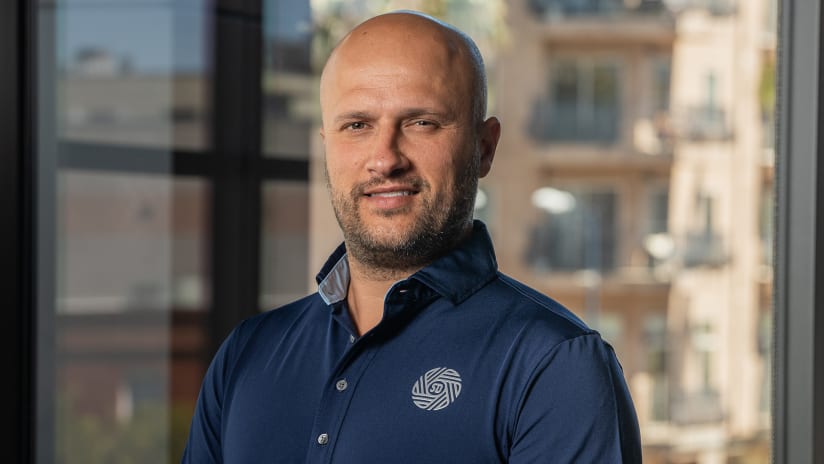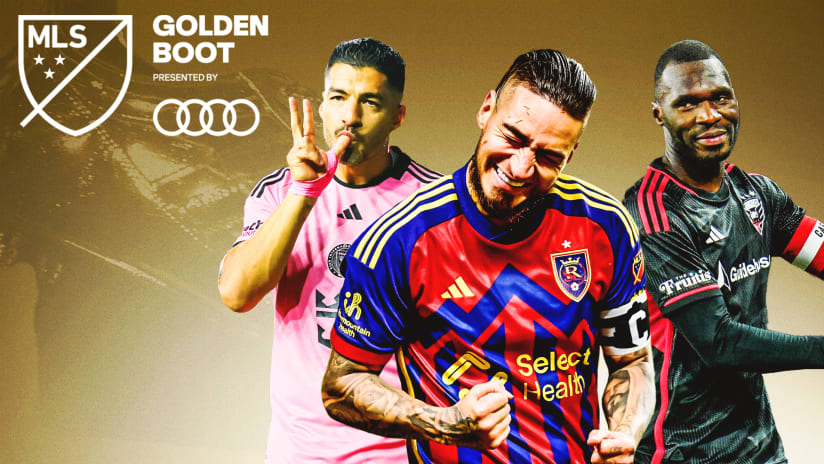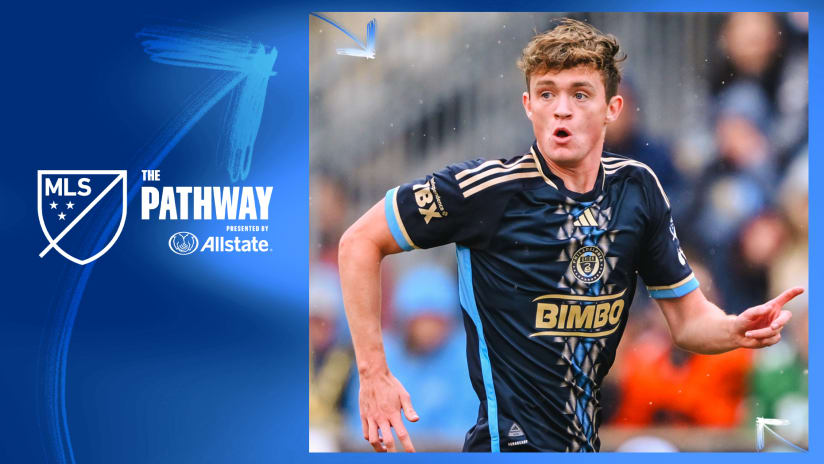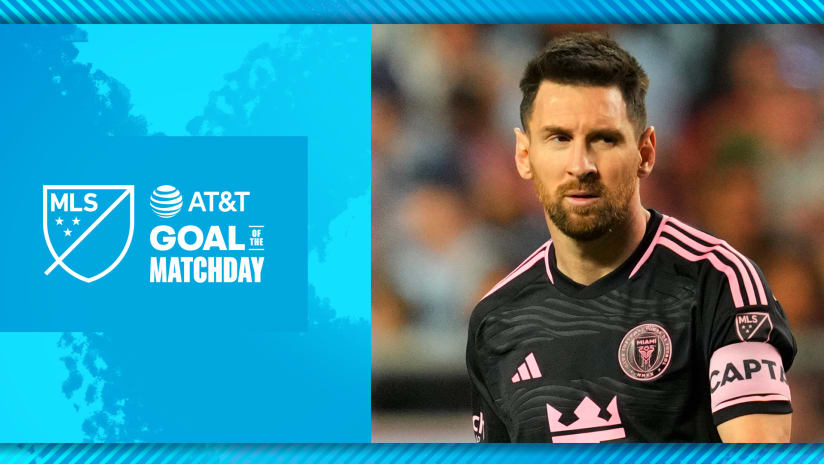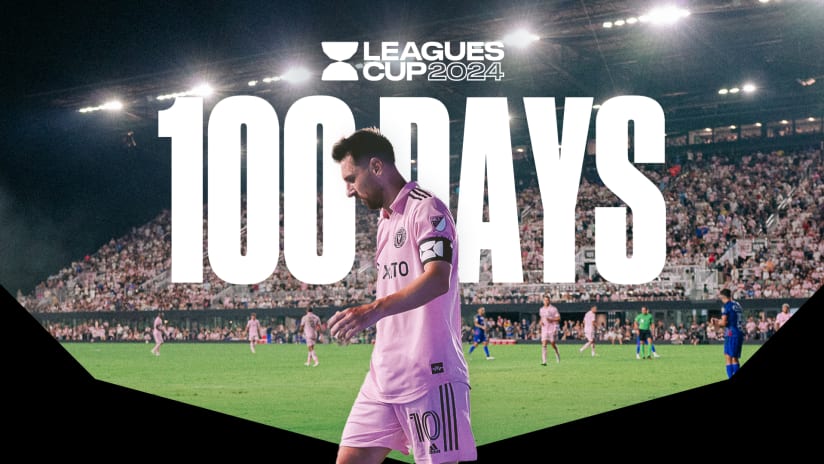Dipsy Selolwane. Nor do I have any stock in Ante Razov's career. But I could make the case that the second goal scored against Kansas City Saturday night -- credited to Selolwane -- should be awarded to Razov.
I know you're going to tell me you all saw the television replay (56K | 350K) and the ball was completely over the line and in the goal after Selolwane hit it.
But referee Alex Prus told me neither he, nor his assistant actually saw Selolwane's ball in the goal. In a phone conversation this week, Prus reminded me that both he and the assistant referee were in their proper positions during the play. Prus was behind the action, opposite his assistant, who was at the goal line, aligned with the second-to-last K.C. defender (who eventually cleared the Selolwane ball out of the goal).
As Selolwane's shot was saved and grounded by K.C. goalkeeper Tony Meola, the ball drifted completely over the line and into the goal but the assistant referee told Prus afterwards that Meola's 6-foot-1, 205 lb. frame -- stretched on the ground in the goal mouth -- prevented him from seeing the ball at that critical moment.
He doesn't see it go cross the line, so he doesn't call it a goal. Play continues.
What followed was an awkward clearance by a Wizards defender. The clearance was immediately intercepted by Chicago's Ante Razov, who promptly put the ball in the net -- all within less than a second of Selolwane's original head ball.
A goal is indicated for Chicago.
There's an old saying, "Some days, it's better to be lucky than good." On Saturday -- at least during the play in question -- referee Prus might agree that "luck" was the fifth member of the officiating crew.
Prus affirmed that had Razov not scored in that sequence, play would have continued -- it wouldn't have been stopped. And with no hint of favoritism, Prus told me he was glad the play ended as it did. In my opinion, Razov's clear finish was the "soccer god's make-good" for the goal the referees couldn't see.
An MLS committee reviewed tape of the play after the game was completed and has officially awarded credit for the goal to Selolwane.
Trey Fitz-Gerald, senior director of MLS Communications, and fellow committee members explained to me that since it isn't the referee's job to record who scored, that only six-tenths of a second ticked-off the clock between Selolwane's shot and Razov's shot (permitting no time for the referees to react) and that play stopped because a goal was scored. The committee's use of video replay to determine goal credit was warranted.
I don't argue the value of the scoring review committee, but I do maintain that in this case, the game -- not the tape -- provides the answer to the question, "Who scored the goal?" The referees didn't see or recognize Selolwane's shot as being in -- they only saw and recognized Razov's.
Chris welcomes your feedback via e-mail to cdoran4@msn.com.
Thanks to MLS' Trey Fitz-Gerald, Simon Borg, Joseph Machnik, Assistant to the Deputy Commissioner for On-Field Competition, and FIFA referee Alex Prus for their contributions of valuable information and time in my review of this week's subject.


